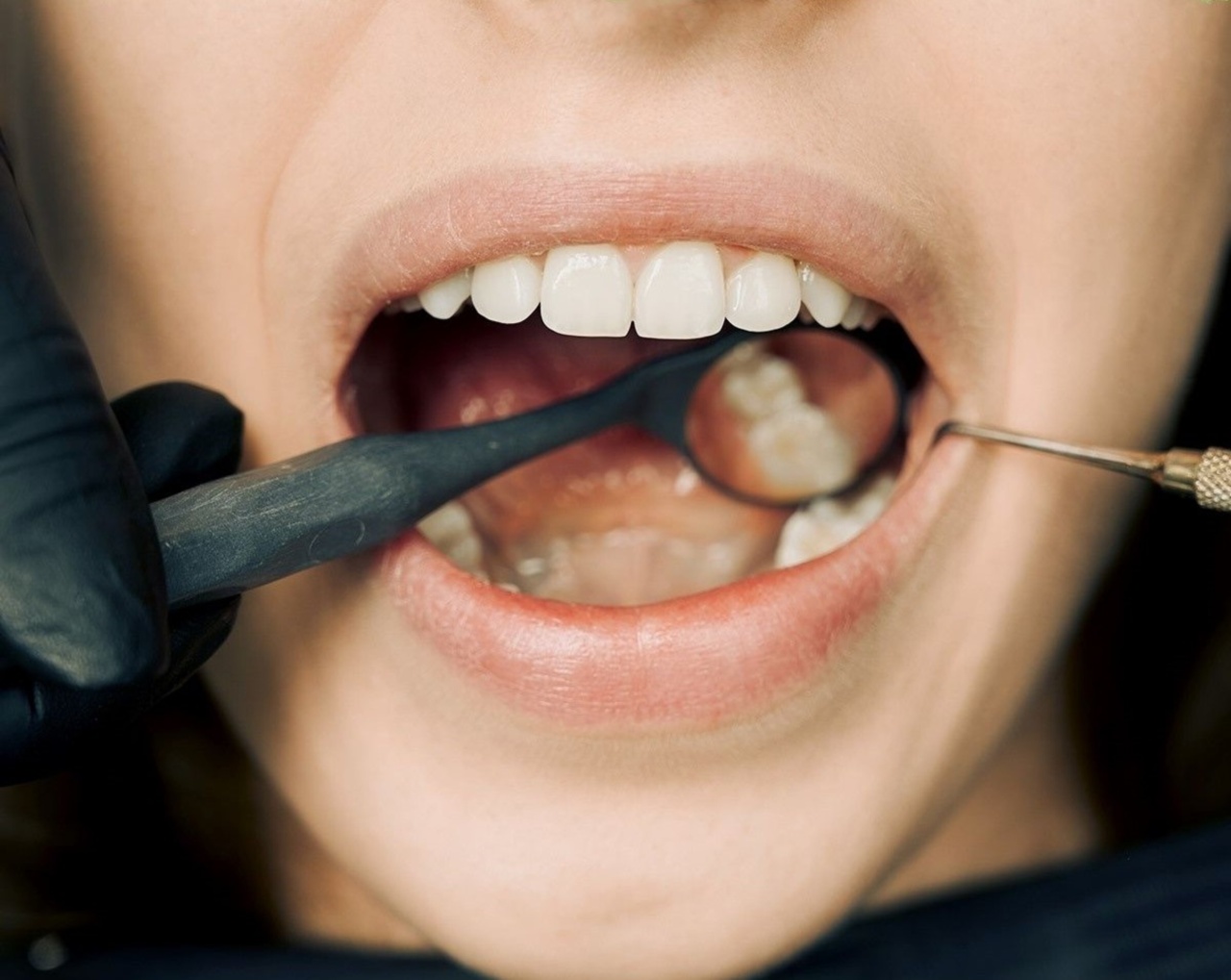Oral ulceration, commonly referred to as mouth ulcers or canker sores, can be quite a painful and distressing condition. These small, shallow sores can develop on the gums, tongue, inside the cheeks, and even on the lips.
While most ulcers tend to heal on their own within a week or two, there are certain ways to alleviate the discomfort and promote faster healing. In this article, we will explore some effective methods for dealing with oral ulceration.
1. Maintaining Good Oral Hygiene
One of the first and foremost steps in managing oral ulcers is to maintain good oral hygiene. This involves brushing your teeth twice a day with a soft-bristled toothbrush and using a mild, alcohol-free mouthwash.
Proper oral hygiene helps to prevent bacterial infections, reduces inflammation, and promotes healing.
2. Gargling with Saltwater
A simple yet effective home remedy for oral ulcers is gargling with saltwater. Dissolve half a teaspoon of salt in a glass of warm water and use this solution to rinse your mouth for about 30 seconds.
Saltwater helps to reduce inflammation, soothe the affected area, and accelerate the healing process.
3. Over-the-Counter Oral Gels or Ointments
There are several over-the-counter oral gels or ointments available that can provide relief from oral ulceration. These products usually contain ingredients like benzocaine or hydrogen peroxide, which help numb the area and reduce pain.
Be sure to follow the instructions on the product packaging for safe and effective use.
4. Applying Honey
Natural honey has been used for centuries for its medicinal properties. Applying a small amount of honey directly onto the ulcer can help alleviate pain, reduce inflammation, and promote healing.
Make sure to use pure honey and avoid any flavored varieties that may contain additives or sugars.
5. Avoiding Spicy or Acidic Foods
When dealing with oral ulcers, it is advisable to avoid consuming spicy or acidic foods as they can further irritate the sores and prolong the healing process.
Opt for gentle and soothing foods like mashed potatoes, oatmeal, yogurt, and soft fruits until the ulcers subside.
6. Using aloe vera gel
Aloe vera is well-known for its soothing and healing properties. Applying a small amount of aloe vera gel directly onto the ulcer can help reduce pain, inflammation, and facilitate quicker healing.
Ensure that you are using pure aloe vera gel without any added chemicals or fragrances.
7. Taking Over-the-Counter Painkillers
If the pain from oral ulcers becomes unbearable, over-the-counter painkillers like ibuprofen or acetaminophen can offer temporary relief.
However, it is essential to follow the recommended dosage and consult a healthcare professional if the pain persists or worsens.
8. Avoiding Irritants
To speed up the healing process, it is crucial to avoid any irritants that can further aggravate the ulcers. This includes refraining from smoking, using tobacco products, consuming alcohol, and drinking hot beverages.
These substances can delay healing and cause additional discomfort.
9. Maintaining a Healthy Diet
A well-balanced diet plays a significant role in the overall health of the body, including oral health.
Consuming a variety of fruits, vegetables, lean proteins, and whole grains can boost the immune system, aid in the healing process, and prevent recurrent oral ulcers.
10. Seeking Professional Dental Care
If the oral ulcers persist for more than two weeks, recur frequently, or are accompanied by severe pain, it is advisable to seek professional dental care.
A dentist or oral specialist can examine the ulcers, identify any underlying causes, and recommend appropriate treatment options such as corticosteroid ointments or antimicrobial mouth rinses.





























